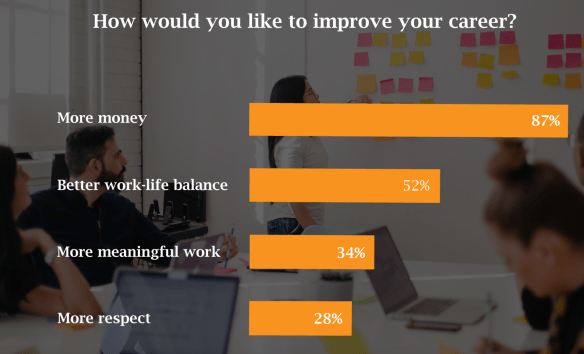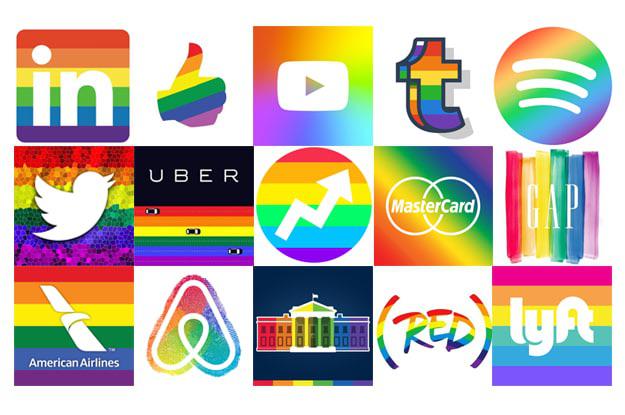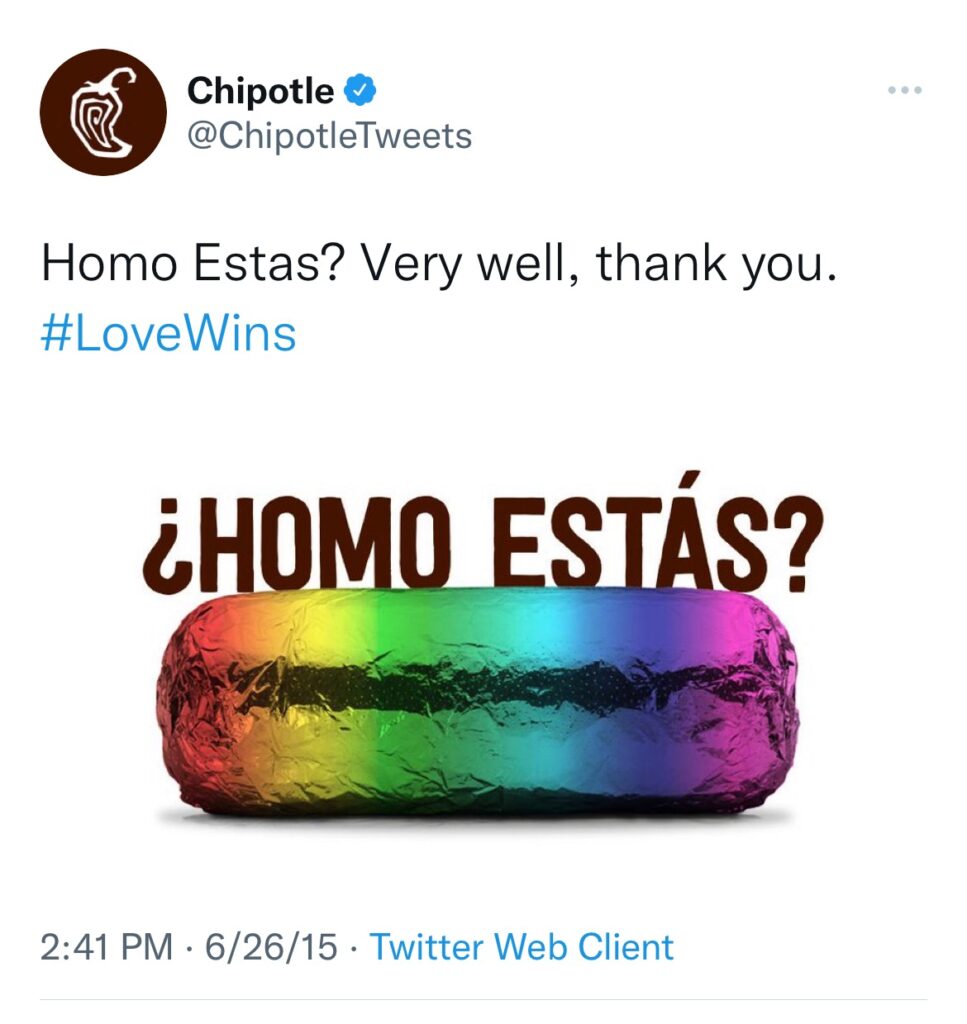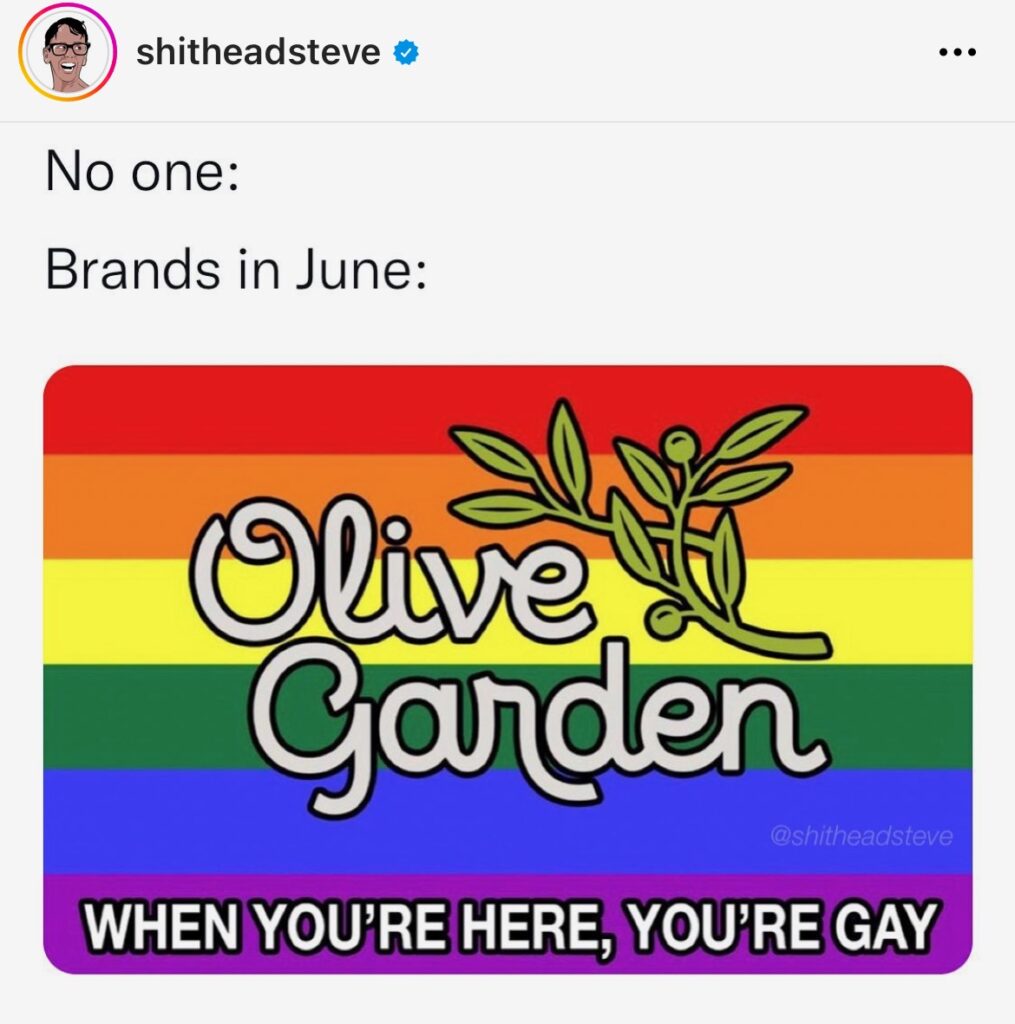Which kids? The GenZ’s? Nope, we didn’t train the Millennials! And now we’ll deal with the aftermath of a decade of undertraining and almost no development of an entire generation.
You see, for the past decade, money was basically free. Zero interest rates, and we all went around spending and hiring like the party was never going to end. Because of all this free money, no one really took the time to ensure anyone knew what they were doing. Lose $100M?! Oh well, here’s some more. Lose it faster next time!
You would think with all that free money, we could have over-trained the kids, but instead, we just paid them more and bought them dairy-free ice cream and cool hoodies. “Their training will be this startup experience, and it’s better than any formal training they’ll ever get.” In some ways, that is very true. In other ways, that’s the biggest lie we sold in the past decade.
While real-world experience is part of a great training program, free money is not. We’ve grown an entire generation of “leaders” who lack financial discipline. Most have no idea how to run a company that actually makes more revenue than it spends. This isn’t how the world runs long-term. You see, there’s this little thing successful companies call Net Income, which basically is the positive money you make from your revenue after you pay all your bills and taxes. I know. I know. All these old-school terms are boring and confusing! Profit. Revenue. Net Income. Taxes. Interest Rates.
Have you wondered why all these companies are bringing people back to the office?
No, it’s not because these bosses are old and hate you. Well, they might be old and hate you, but that’s not the reason!
It’s because the vast majority of you aren’t actually working hard enough. “Hard enough” is another old-school phrase meaning you’re work level and your pay level aren’t matching up. The old folks who sign the checks and all their financial data are telling them they need fewer of you working at home if you keep sucking.
By the way, you are right. The old folks failed you. They didn’t train you to be a productive worker. They didn’t train you to lead high-producing, effective teams. They didn’t train you to be fiscally responsible with corporate resources. Blame them if you want. They should own that.
Now they are leaving the workforce right at the beginning of the second recession you’ll see in your lifetime. The first one was when you were in college or just entering the workforce, and honestly, you acted all dramatic about how that impacted you, but it turned out pretty well for you. You entered the workforce and had a magical ten-year run where your salary and benefits seemed like monopoly money as compared to your parent’s first ten years in the workforce. Congratulations! It was an awesome time to be alive!
Now, you’ll be in charge. The GenXers are too few to take over. We have to rely on the Millennials to run the show, for the most part. It’s going to be a really hard lesson. It’s going to be painful for a lot of people. Recessions suck when you’re in the middle. That’s where the cuts hurt the worse. The folks on the upper side will weather the storm. The folks in the lower half will scrap by like they always do. They are used to life being hard. They were born into the hard, you are just visiting.
The best organizations and c-suites will double down quickly on training and educating their new leaders. Hard skills and soft skills, but mostly hard skills. We will mourn the layoff losses as unfair, but within a few years, we’ll come to realize that it was just the payoff of not understanding how to run our business. Call it a bad leader tax. Businesses weren’t meant to run on free money. Money has value, and those investing in your business expect a return in profit and net income, eventually, not user growth.
I’m not punching down on Millennials. They are a product of a decade of free money, and now we’ll deal with the aftermath. They just are going to be the ones responsible for cleaning up the mess.





